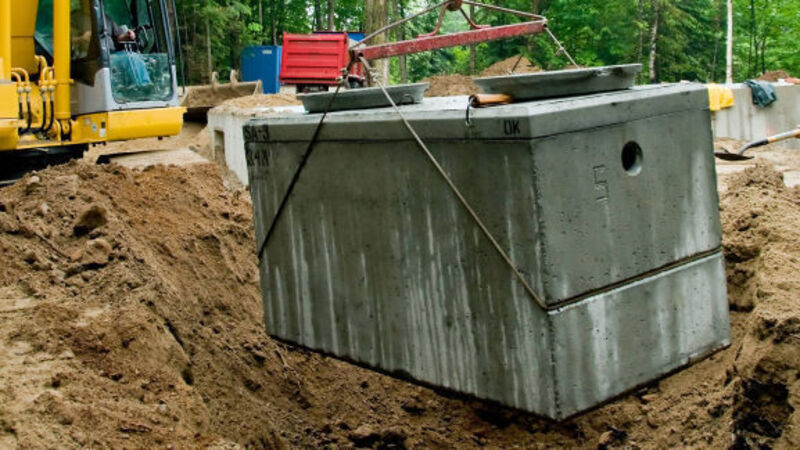Householders and officials unable to find septic tanks

Sharon Corcoran, Cork County Council’s head of environmental services, has said officials will have to return to these properties armed with some hi-tech equipment in an effort to find the so-far elusive tanks— if they exist.
“The householders said they didn’t know where the septic tanks were and our inspectors couldn’t find them either. We will have to go back with extra equipment and in the meantime look at (planning) maps etc to see if we can locate them,” Ms Corcoran said.













